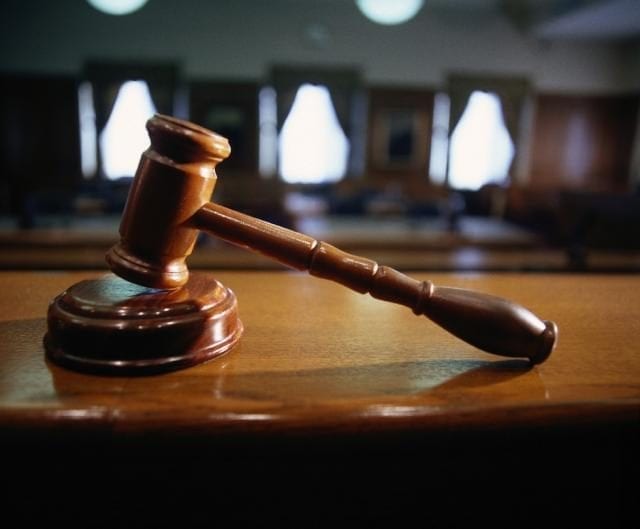 Disorderly conduct is a criminal charge which you can face for a wide variety of reasons. The term is quite broad and covers dangerous, criminal or unpleasant behaviour which doesn’t fall under a more specific charge. It’s usually a minor charge or a misdemeanour, but that doesn’t mean you want one on your record. A criminal record is still a criminal record and it’s much better to have a clean one than it is to try and explain what happened and why you weren’t really in the wrong.
Disorderly conduct is a criminal charge which you can face for a wide variety of reasons. The term is quite broad and covers dangerous, criminal or unpleasant behaviour which doesn’t fall under a more specific charge. It’s usually a minor charge or a misdemeanour, but that doesn’t mean you want one on your record. A criminal record is still a criminal record and it’s much better to have a clean one than it is to try and explain what happened and why you weren’t really in the wrong.
Disorderly Conduct Explained
Disorderly conduct is a charge which covers your general behaviour. The word ‘conduct’ is a good hint here since it literally means behaviour. When you are behaving in an inappropriate manner, you can face criminal charges. There are serious charges for some behaviours, like assault or indecent exposure charges. Drunk and disorderly is another charge similar to disorderly conduct, but it works on the basis that you’re drunk and this is affecting your behaviour.
Disorderly conduct is similar because you can be charged for general rowdiness, being loud or refusing to leave an area. However, there is no mitigation in the form of being drunk. You are wholly responsible for your actions and will be held accountable. With that said, you can still be charged with disorderly conduct even if you are under the influence!
Situations Where You Could be Charged
This type of charge is common if you’re in any of the following situations:
- Behaving aggressively
- Being loud or disruptive
- Refusing to leave an area
- Refusing a police order
- Threatening Behaviour
- Arguing
- Blocking access or an area
- Creating a hazard
- Being a danger to the public
- Being intoxicated
- Excessive noise
This is not an exhaustive list, and you can see there are a lot of wide areas that you can be charged over. Anything from removing to move from an area to get into a public argument can be considered disorderly conduct. Obviously, there are lots of people who’ve shouted or argued in public without facing a charge because the police aren’t going to chase you for every disagreement. Disorderly conduct charges are usually brought when they can’t get you to calm down or leave and are therefore forced to arrest and charge you instead.
The exception here is when somebody specifically accuses you and brings charges. In this case, there’s not much you can do other than avoid the situation in the first place.
Facing an Accusation
If you’ve been accused, the first thing to do is get legal representation. A legal rep is best placed to analyze your case and give you advice which is specific. While disorderly conduct is a minor charge, it’s still one that you don’t want.
The burden of proof is on the prosecution, which is normal in the US justice system. This means the other side has to prove you were acting in a disorderly manner. If there were mitigating circumstances which could have affected your behaviour, mention these to your lawyer. They aren’t an excuse but they can show why you may have reacted a little out of character.
With a good lawyer on your side, stay calm and work through the process. Chances are that you’ll be fine, and it’s even possible that charges will be dropped. If the police have brought charges, they may drop them although they might also want you to agree to certain terms first. If the charges were brought by another person, you can negotiate through your lawyer and see about getting the charges dropped. After all, most people don’t want to go through a lengthy court case over a simple misdemeanour.
Support InfoStride News' Credible Journalism: Only credible journalism can guarantee a fair, accountable and transparent society, including democracy and government. It involves a lot of efforts and money. We need your support. Click here to Donate
